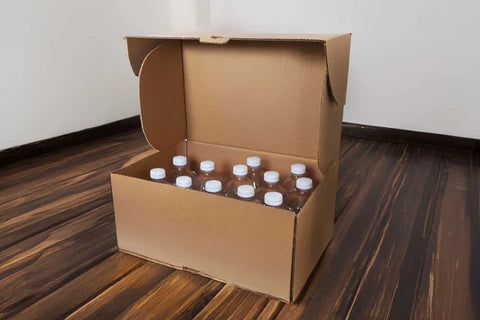In recent years, plastic has been harshly criticized in the packaging sector. However, is it fair to demonize it without analyzing its entire life cycle? According to Zoe Brimelow, director of Duo UK, what the e-commerce sector really needs is a comprehensive assessment of the environmental impact of each type of packaging: what is known as LCA (Life Cycle Assessment) .
The explosion of online commerce has brought with it an exponential increase in the use of plastic bags: in 2024 alone, fashion e-retailers in the UK shipped more than 941 million plastic bags . If this trend continues, it is estimated that by 2030, nearly 7 billion will have been used in that country alone.
But according to Brimelow, the key isn't to impose more taxes or bans, but to evaluate the performance, cost, carbon footprint, and actual recyclability of each solution. Sometimes, a plastic bag with recycled content can have less environmental impact than a cardboard one , considering its entire life cycle.
Current challenges of packaging in e-commerce
-
Taxes like the Plastic Packaging Tax have boosted demand for bags made with at least 30% recycled plastic. The problem is the shortage of quality recycled raw materials .
-
The widespread rejection of plastic , often unjustified, obscures its potential sustainability advantages.
What solutions does the sector propose?
-
Comprehensive LCAs to make informed decisions and avoid biases toward a material based on public perception.
-
Increase the collection and recycling of post-consumer bags . The technology exists, but the infrastructure is lacking.
-
Invest in materials such as recyclable bioplastics , for example, bags made from sugarcane or recycled ocean plastics.
-
Design packaging that prevents unnecessary returns and can be reused to ship products, reducing logistics emissions.

Conclusion: ban or analyze better?
At Menta-Pack, we believe that sustainability cannot be measured by labels alone. Evaluating each solution with real data, from production to recycling, is the most rigorous path toward more sustainable packaging. Focusing on informed eco-design , rather than emotional reaction, is key to reducing environmental impact without compromising functionality or customer experience.



